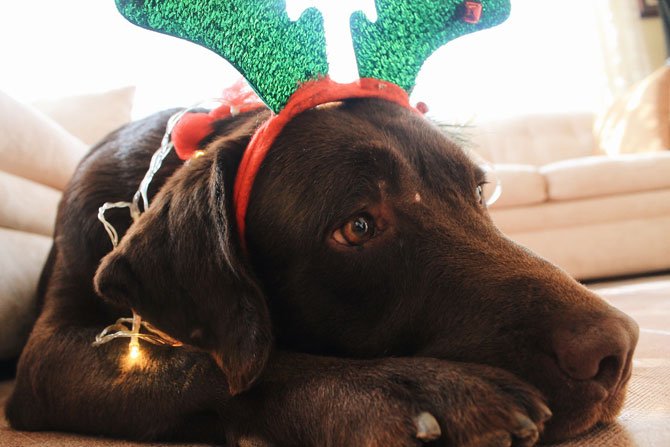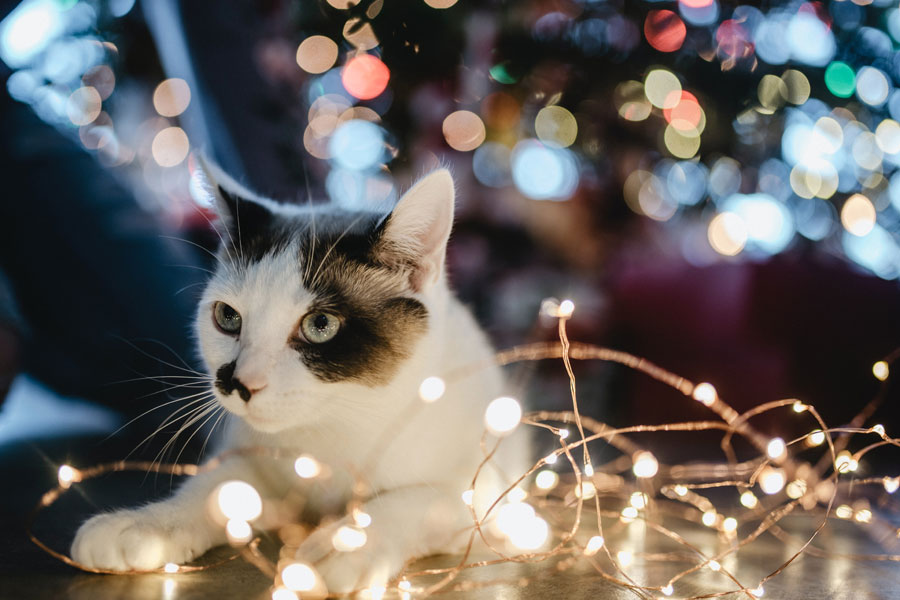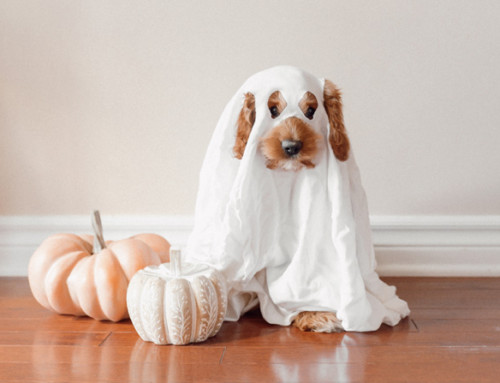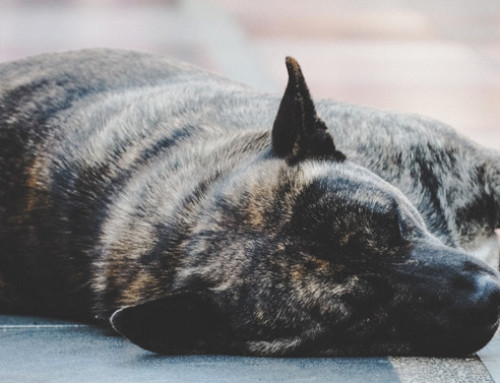Christmas pet safety is a serious consideration for pet parents around the globe. After all, the last thing anyone wants this festive season is a hefty medical bill from your vet. So, we’ve teamed up with PETstock vet Dr Sasha Nefoda. Here is her expert advice on how to keep our fur babies safe this silly season.
Christmas pet safety 101
Christmas can send us all a little ‘cray-cray. There are our busy social calendars, last-minute gift-buying and that mad dash to the grocery store for forgotten ‘essentials’. However, despite the hullabaloo and excitement, it’s really important to remember the health and wellbeing of our four-legged friends.
Whether you’re travelling to see family, going for a day trip to the beach or having fun decorating your home, Christmas pet safety needs to be top of mind at all times.
Without a doubt, a sick dog or injured kitty is likely to quickly turn a fun festive season into an expensive nightmare. So, clue up on these Christmas pet safety tips to make certain this holiday season is fabulous for fur babies and humans alike!
Happy holiday travel
“It’s never been easier to incorporate furry friends into Christmas plans with so many great dog-friendly campsites and pet-friendly accommodation around Australia,” says vet Dr Sasha Nefoda.
“However, if you are holidaying with your pets, remember to make preparations for your pets as well; have bedding, food, medications and water ready to go and make sure you can transport them safely to your holiday destination.
“Additionally, ensure pets can be identified easily should they become lost while holidaying. Make certain registered microchips are up to date and include your details such as your phone number on collars. Most importantly, never leave your pet alone in a locked car. Pets can die very quickly from heatstroke, even in milder weather.”
Indeed, if you are planning on taking your pet on a car trip, check out the following useful posts:
- Help! My dog gets car sick
- How to travel safely with your cat
- Tips for travelling with senior pets
- How to travel safely with your dog
Make beach safety a no-brainer
When you live in a hot country and have an abundance of beautiful beaches, Christmas pet safety and beach safety go hand in hand. To ensure your ocean-side festivities are enjoyed without any dramas, know what to pack for your pooch, as well as the potential risks.
“While dogs love a day on the beach, it’s important that pet owners keep a close eye for any potential risks that could spoil a great day out. Things to look out for include signs of heatstroke, ticks and things that can be swallowed such as jellyfish, sea urchins and snakes.
“Beach essentials include plenty of water, a bowl, towels, sunscreen (for you and your buddy), toys, lead, and waste bags,” advises Dr Nefoda.
Make sure your festive feast is non-fatal
“It can be very tempting to sneak a treat under the table to furry family members during the festive season. However, certain foods that we love to indulge in can actually be harmful or fatal to our fur-babies,” says Dr Nefoda. She lists the following foods as harmful to our fur pals.
Raisins and grapes
Raisins and grapes can be fatally toxic to dogs, even in small quantities, so no Christmas pudding or cake for our four-legged friends.
Pork, bacon and ham
Some pork products contain a high amount of fat, which can lead to illnesses like pancreatitis. Statistics show an increase of pancreatitis cases in dogs at Christmas time.
Macadamia Nuts
Macadamia nuts are readily enjoyed at Christmas but are poisonous to dogs and can cause vomiting, weakness, fever, muscle tremors and depression.
Onions
Ingestion of onions can contribute to stomach upsets and even cause anaemia.
Lollies
Lollies are loaded with sugar. This makes them even worse for our pets than they can be for us. Also, lollies can disrupt your pet’s metabolism. Even worse, those containing artificial sweeteners can be life-threatening.
Alcohol
While it may seem obvious, allowing our pets to consume any alcohol is dangerous. It can cause alcohol toxicity and even seizures.
Milk and dairy products
It may surprise many to learn that dogs’ and cats’ bodies are not designed to process dairy. However, consuming dairy can cause stomach upsets, vomiting and diarrhoea.
Sure, it can be hard to watch your pet’s every move, especially when the Christmas festivities are underway. Nonetheless, you can monitor your pet for signs such as odd behaviour, dehydration or any other indications your four-legged friend may feel unwell.
Keep decorations out of paws’ reach
Putting up the Christmas tree and decorating the home with tinsel and the like is what Christmas is all about. However, festive decorations can be deadly for our pets.
Dr Nefoda explains, “While baubles hanging from the tree may look conveniently like toys or tennis balls to your inquisitive cat or playful dog, if a plastic or glass ornament breaks in their mouth, it could cause serious long-term damage or even pet fatality.
“Keep edible decorations like candy canes and tinsel or tree lights out of reach to avoid food toxicity or electric shock. Also, ensure wrapping paper is cleaned up immediately after presents have been opened. When chewed, wrapping paper and ribbons can be very dangerous for a pet’s intestines.
“Furthermore, if you have a real tree, ensure tree needles are cleaned up regularly as they can be sharp and become stuck in your pet’s paw or throat. It’s also a good idea to securely anchor the tree, so an inquisitive pet doesn’t knock it over. Cover the watering hole from thirsty pets too, as the water can contain traces of fertiliser and bacteria that can cause your pet to be nauseous.”
Christmas is a time of celebration. Being mindful of Christmas pet safety can help ensure your festive season is fun for everyone—pets and humans alike!
Happy festive season!








Leave A Comment